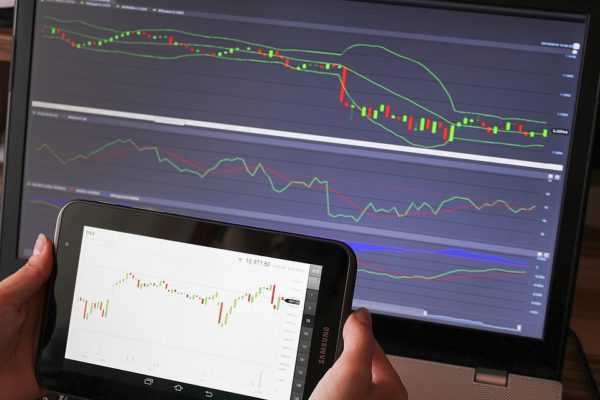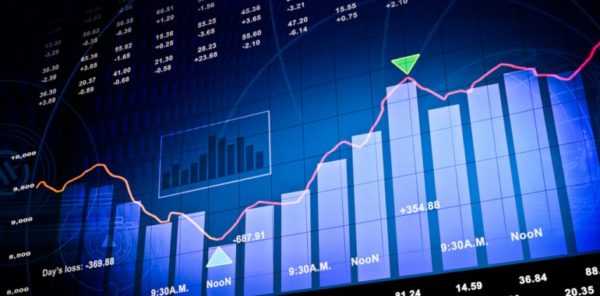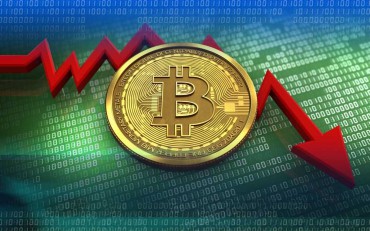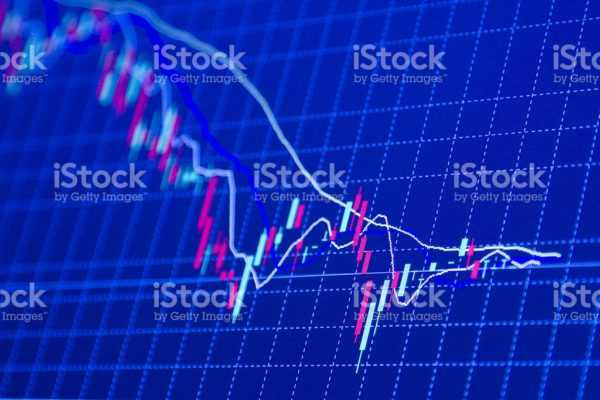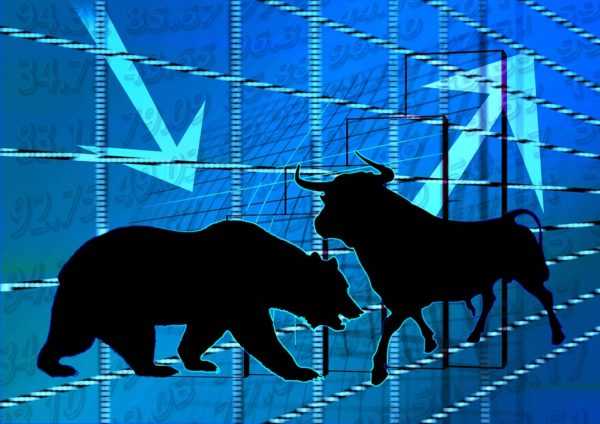Are They Smarter Than You? Be one of 8 percent.
3 min read

Each of us would like to be successful in what he is doing. It’s natural. Each one of us has asked himself several times in life: Why some person is successful and someone is not?
There is a study by the University of Scranton (Pennsylvania, United States) that says that only 8 out of 100 people manage to achieve their goals. I believe that every one of us, at least once in life, has found her/himself among these 8%.
If you are not satisfied with your success, look at what successful people are doing.
The difference between successful and unsuccessful people is reduced to the difference in their habits.
Eh .. now! Let’s talk about whether successful traders are smarter than us.
Why are there people who profit in trading?
You were thinking about becoming a currency trader, but are you discouraged at the very beginning by the fact that you are not sufficiently educated in the field of finance?
Or you think that you simply can’t be a successful trader if you don’t have previous experience in working in finance?
If you think that way, you are wrong!
On the market exists and successfully works a huge number of people without formal financial education, who started off without a big initial capital, and also did not work in a team of analysts like banks such as Goldman Sachs.
People who profit in trading
If we analyze entrepreneurs as people who have gathered the courage to enter the raw world of capitalism on one side and traders who independently trade currencies on the other, we will find plenty of similarities between them. Both of them invested their money and took the risk of their actions. From this point of view, for the people who profit in trading, trade is just one type of business, not a gamble or betting. As in any other business, in order to achieve maximum profit, it is necessary to possess certain skills.
The skills of successful traders
First of all, I want to remind you that real traders do not start from the idea that they can become millionaires overnight, but from the idea of securing a stable and regular income. Sustainability and consistency are key factors in this business. Therefore, certain rules should be followed:
-
Define a trading system
Under the trading system, we mean a set of rules that you must respect when opening/closing a position. Whether you get to the right system through a series of unsuccessful attempts and a random hit, or you will use some of the existing systems and recommendations for creating a trading system, it’s your own decision. The advantage of creating your own system is that you can adapt it to your own needs, your personality and psychological characteristics. However, if you move “from scratch” this job will cost you a lot of time and money. Instead, the advantage of using a “borrowed” system lies in the fact that your adaptation and adjustment to your needs will cost you considerably less.
-
Basically, everything is hard work
I’m sure you have been in a situation to hear comments that the trader’s job is exactly what one wants to do. You do not have a strict job or working hours, you can work from anywhere in the world, you can be on the beach, have a cocktail and trade, or in a Jacuzzi in a magnificent hotel. You only need a laptop or smartphone with an internet connection. However, there is also the other side of the medal, and it is the mental effort that needs to be invested in this business so that it can be profitable. You will rarely be able to read about it. Remember that success is hard and hard to succeed. Work, discipline and patience. That’s what’s needed. That’s what’s worth. Hard work and sacrifice. Without it, there is no profit. Cocktails on the beach are just great commercials.
-
A set of skills
Trade was never a prediction game. First of all, nobody knows what will happen in the future. The currency trade can be somewhat comparable to the game of imitation. Your job is to monitor, monitor, monitor, analyze, and try to identify the psychology and way of thinking of the main participants in the market. Traders follow the movement, but they don’t deal with predicting the future.
To succeed, you will have to learn to think differently from most people. The vast majority (over 90%) represent a group of people known as “losers”. Moreover, to win, you need to know more than 90% of others. It’s not easy, but it’s feasible.
Avoid these mistakes
Three most common mistakes that traders make are:
The first mistake, they don’t test their forex trading strategy. They find a strategy somewhere and decide that this system is right for them and start trading with real money with the help of it. Unfortunately, even if the system is profitable, for new dealers is very difficult to make intelligent decisions in trading if they have not tested the system for themselves before.
Another mistake made by traders is that when they have a closed-to-minus trade or a few failed trading, they are leaving the current strategy and looking for “better.” This is related to the above mentioned first mistake. If you’ve proved to yourself that the strategy is profitable, then why should you ask for another method? The fact is that every system or strategy will have trades closed in the minus. This is something that is normal to happen and just because it happened does not mean that you have to change the strategy!
The most common mistake
The third mistake and it is very common for many traders, is to risk too much in the trade. They have read about the strategy and feel that they have understood it fully and then jump into the market by risking 10 or more percent of their account in the hope that they will get a lot of money and earn a lot. To repeat, Forex trading does not work that way. Imagine yourself and your emotions that you would spend to lose 10% of your order in a single trade.
Also, for the psychology of trading, the following is also of great importance:
– Monitor the global trend
– Don’t run for profit/loss ratio
– Replace the strategy
– Change focus
– Reverse the direction of trade
– Consecutive trading
– Lack of evaluation of the plan and strategy
And learn. Continuous learning is a habit of success. Even when you are tracking successful traders, you actually learn from them. Hence, that’s how you will become one of the people who profit in trading.
You would like to read Forex Trading – Simple Tricks to Master it
Risk Disclosure (read carefully!)

 XRP is a token used to transfer values to the Ripple network. While bitcoins were created by mining, all 55 billion XRPs (often referred to as waves) were created by founders.
XRP is a token used to transfer values to the Ripple network. While bitcoins were created by mining, all 55 billion XRPs (often referred to as waves) were created by founders.


















